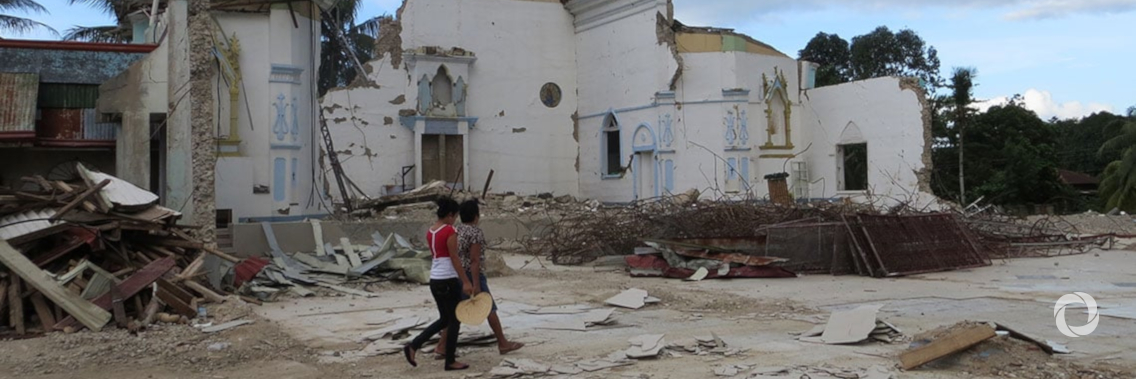Inclusion matters. The phrase turned into a hashtag as the theme of inclusion constantly raised its head in the 4th World Reconstruction Conference, the 2nd Multi-Hazard Early Warning Conference and the Science and Policy Forum which all got underway as part of the build-up to the opening of the Global Platform for Disaster Risk Reduction.
The post-disaster reconstruction effort should be seen as an “opportunity to correct existing inequalities in society and to ensure that during the process of reconstruction these inequalities are addressed in practical ways,” said Mami Mizutori, head of the UN Office for Disaster Risk Reduction (UNDRR) at the opening of the 4th World Reconstruction Conference.
She said it was often the case that in the desire to help as many people as possible in the aftermath of a disaster, “people who are already marginalized can fall through the cracks.”
“We have a great opportunity at this Conference and the Global Platform to underline how important it is that this issue is addressed in national and local strategies for disaster risk reduction which should be in place by next year according to the target of the Sendai Framework.”
Sameh Wahba, World Bank Director for Disaster Risk Management and Resilience, spoke of the plight of people living with disabilities and their greater exposure to disaster risk. World Bank is committed to ensuring that all post-disaster reconstruction of public facilities will be disability inclusive by 2020.
Mozambique was centre stage at the opening session of the 2nd Multi-Hazard Early Warning Conference at the World Meteorological Organization where the Deputy Director-General of Mozambique’s Institue of Meteorology, Mussa Mustafa, highlighted the shortcomings of early warnings as Cyclone Idai and Cyclone Kenneth struck the country in quick succession.
Mr. Mustafa said that while warnings were received about Cyclone Idai, there were no flood warnings and no contingency planning issued for Beira and the surrounding districts which were cut off from the outside world as 30% of the annual rainfall fell in a few days.
Mr. Mustafa said the experiences in Beira and Pemba from these two cyclones was the signal to switch to impact based forecasting which they had already been trialing. He also said the disaster had exposed the lack of infrastructure resilient to extreme weather events.
Original source: UNDRR
Published on 13 May 2019

